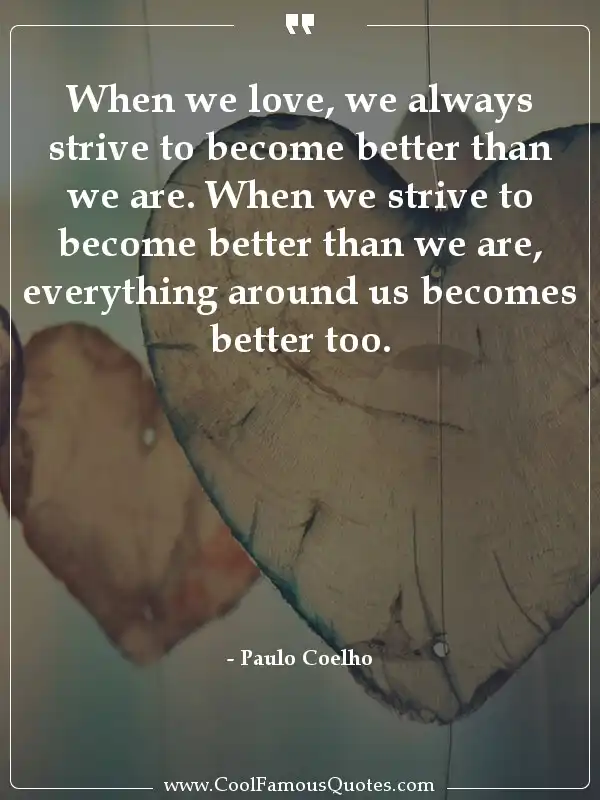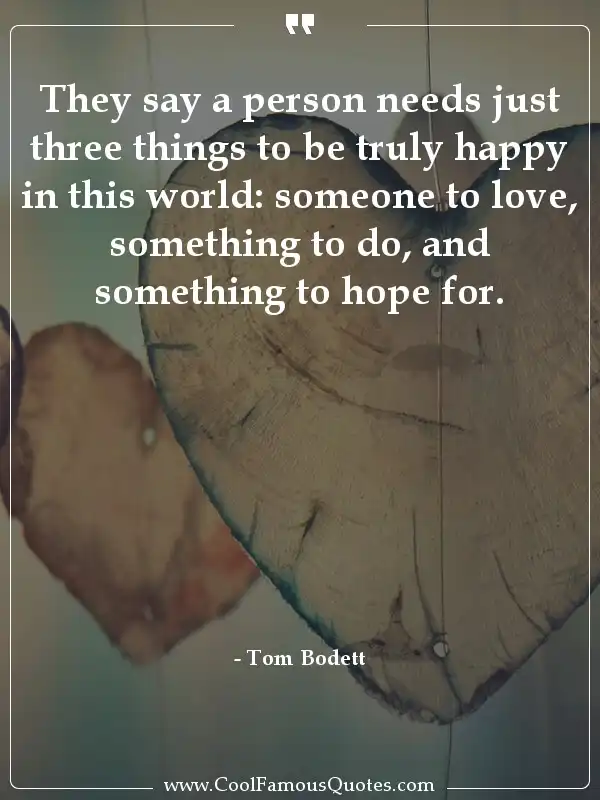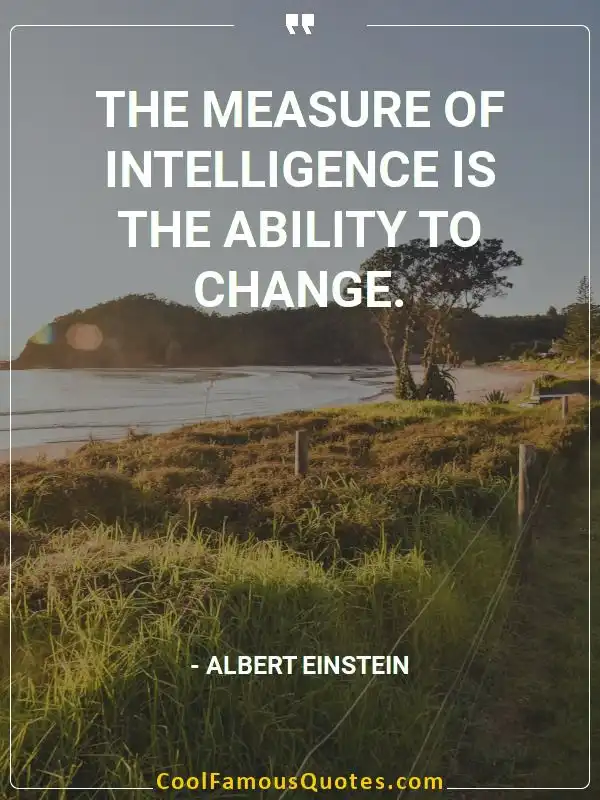“I think the very word stalking implies that you're not supposed to like it. Otherwise, it would be called 'fluffy harmless observation time'.”
Decryption of quote
"I think the very word stalking implies that you're not supposed to like it. Otherwise, it would be called 'fluffy harmless observation time'."
Imagine someone following you around, watching your every move, and keeping tabs on your activities. It's unsettling, invasive, and downright creepy. That's the essence of stalking - a behavior that is frowned upon and deemed unacceptable in society.
But what if we looked at it from a different perspective? What if we viewed it as simply observing someone from a distance, with no ill intentions or harm intended? Would it still be considered stalking, or would it be seen as harmless curiosity?
Perhaps the word "stalking" carries with it a negative connotation because it implies a sense of obsession, possessiveness, and potential danger. It suggests a lack of boundaries and respect for personal space.
On the other hand, if we were to reframe it as "fluffy harmless observation time," it suddenly takes on a more innocent and lighthearted tone. It becomes a playful and whimsical activity, devoid of any malicious intent or harm.
It's all about perception and interpretation. The same behavior can be viewed in vastly different ways depending on the context and mindset of the observer.
So, perhaps the key lies in finding a balance between curiosity and respect, between observation and intrusion. It's about recognizing and honoring the boundaries of others while still allowing ourselves the freedom to observe and appreciate the world around us.
Ultimately, it's a reminder that our words carry weight and power. The language we use shapes our understanding of the world and influences our behavior towards others.
So, the next time you find yourself observing someone from afar, ask yourself: are you engaging in harmless curiosity or crossing the line into stalking? The answer may surprise you.
humor





